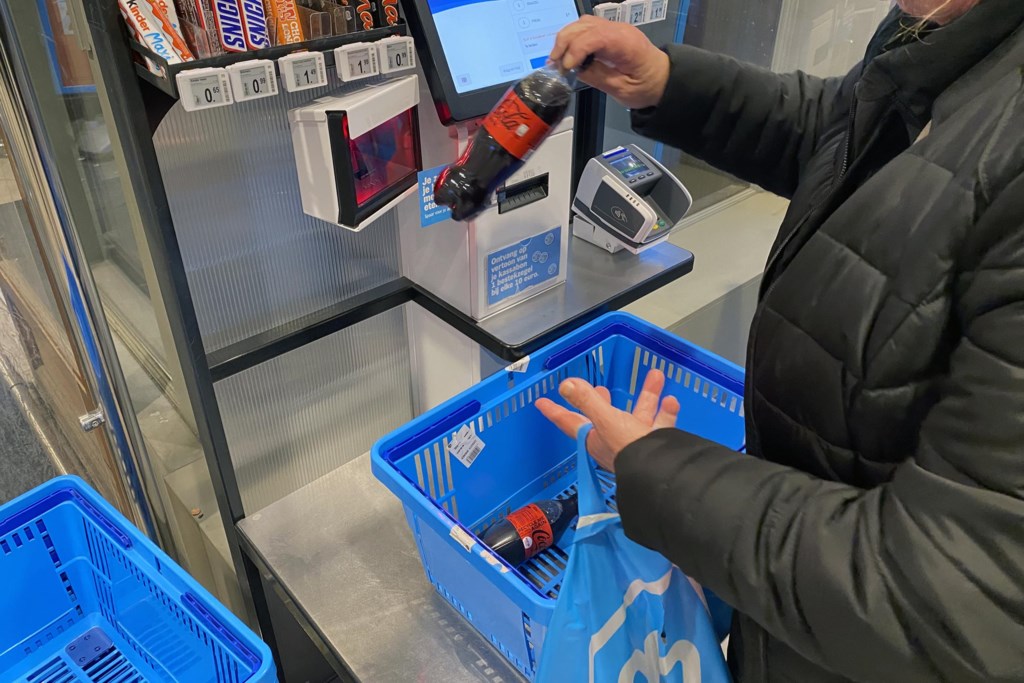About four in ten Belgians leave the supermarket with at least one item in their shopping cart that has not been paid for, shows a survey by retail security expert Tom Symons after more than 500 million detections over the last five years.
Leaving the supermarket having "forgotten to pay" for an item appears to have become a national sport in Belgium in recent years. About 40% of those asked regularly do not pay for all the products they take home. Among those using the self-scanning option, this number even rises to one in three.
"Belgian shops have been struggling with high theft figures for many years, and since the Covid-19 pandemic, the number of incidents has increased by another 15%," Isaac De Coster, shop safety expert at trade federation Comeos, told Humo.
"This was first due to the rise of face masks, which made customers more anonymous, and then to the financial problems caused by the pandemic," he added. "After the crisis, the number of shoplifters never returned to the previous level."
Professional vs occasional thieves
While so-called "professional" thieves generally steal liquor, tobacco products, expensive self-care products (such as Gillette razors or perfumes) and electronic devices, occasional thieves are more often after clothing, expensive foodstuffs (such as Nutella jars) and crates of beer, for example.
"In one particular Belgian hypermarket this year, the shocking result of a month-long audit we carried out was that the shop owner assumed that he sold around 70 crates of beer each week, but in reality, 180 of them went out – 110 unpaid," Symons, owner of the CaddyCheck monitoring system, told the magazine.
This is possible because beer crates – like six-packs of large bottles of soft drinks or water, or other heavy products – are generally placed under the shopping cart, where the cashier often does not see it. And in case customers are stopped when leaving the store, the excuse of "forgetting" is very often used.
Related News
- Arrival of winter sets off burglary high season
- Several suspected thieves and receivers arrested in Liège
An investigation carried out ten years ago revealed that these kinds of thefts amounted to around €2,500 – figures that have only gone up since the pandemic and the energy crisis, said Symons. "The more than 500 million detections we have made over the last five years show that a quarter of shopping carts still contain at least one product that is not placed on the belt to be scanned."
In general, shopowners lose about 1.9% of their turnover to stolen goods, a 2019 study shows. Thefts mainly occur in retail stores and supermarkets (estimated loss of €420 million), followed by shopping centres (loss of €51 million) and clothing stores (loss of €50 million).

